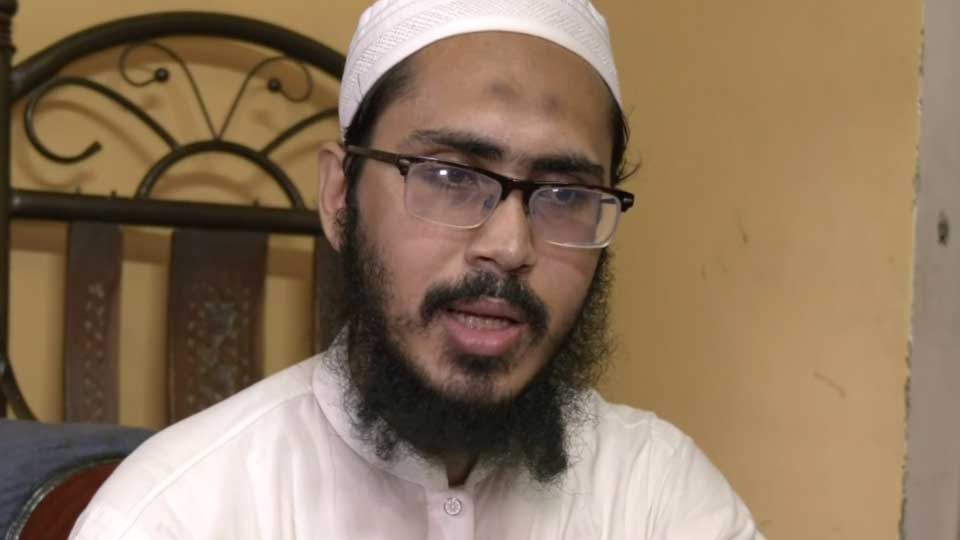During Chinese President Xi Jinping's first visit to Pakistan in April 2015, he and Pakistani Prime Minister Nawaz Sharif agreed to promote infrastructure development.
Sharif praised Sino-Pakistani relations, saying, "Friendship is higher than mountains, deeper than oceans, sweeter than honey and stronger than steel. There is strong public sentiment driving our relationship."
Since then, Pakistan has been trying to move forward with the China-Pakistan Economic Corridor (CPEC), a BRI project whose cost exceeds 60 billion dollars.

While CPEC began with high hopes, its progress appears to have stalled.
One expert blames pandemic-related economic turmoil and political instability in Pakistan.
CPEC-related work to restore a circular railway in Karachi began six years ago. But only a small section of the railway is now operating due to domestic management issues and a lack of funding from China.
A Karachi resident told NHK, "We've heard there would be a bright future, but nothing has been achieved."
Scant demand for Chinese-language skills
A classroom where Chinese-language classes were once held is now empty. Usama Nizami, 27, studied there and tried in vain to find a job where he could put his new language skills to use. He now works for a trading company, but says he has no chance to speak Chinese. Nizami said, "CPEC could have brought so much benefit to Pakistan, but it hasn't."

The CPEC project was expected to create 2.3 million jobs by 2030, but as of last year the actual figure was reported to be just 230,000. Furthermore, China is said to account for 30% of Pakistan's external debt, and some analysts highlight CPEC as an example of "debt-trap diplomacy."
China's slowing economic growth is expected to make large-scale investments and other activities even more difficult. Some analysts say the ambition of the BRI is being scaled back as a result.

